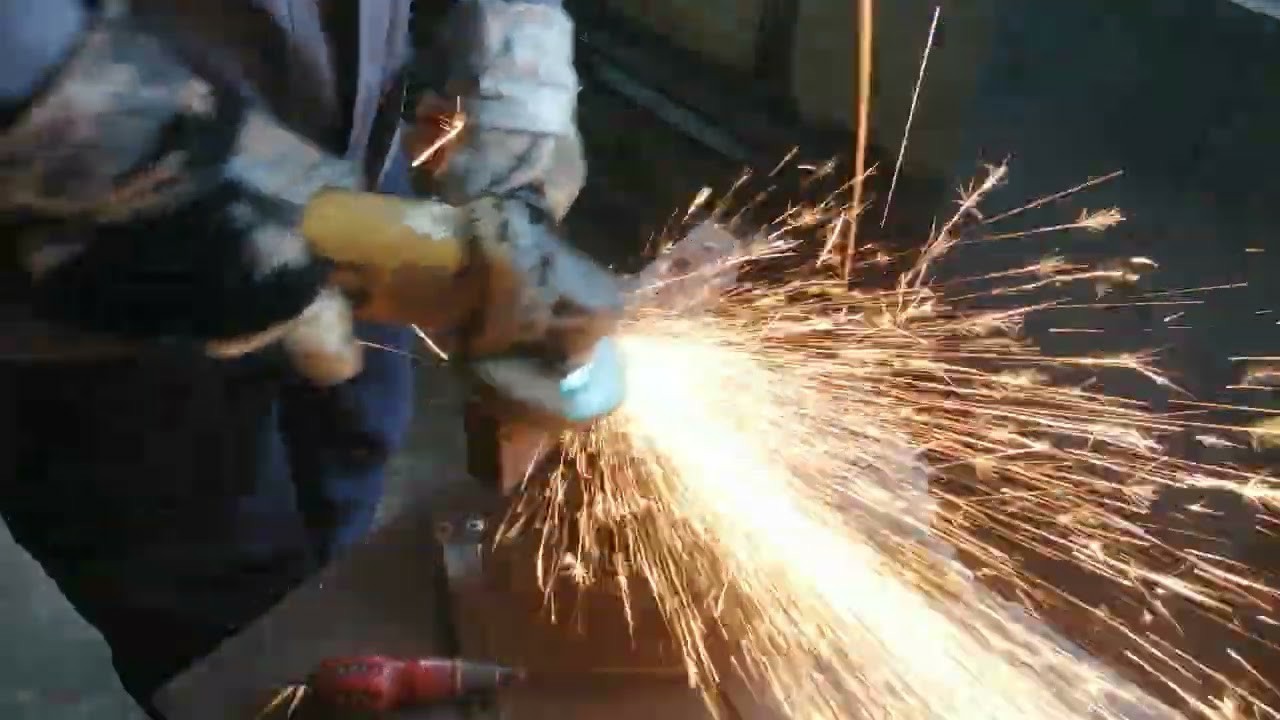


 349,500 Offered Certificates
349,500 Offered Certificates
 24/7 Online Training
24/7 Online Training
 Money Back Guarantee
Money Back Guarantee
 Fully Accredited Courses
Fully Accredited Courses

Created at: 23-02-2025 00:35
Abrasive wheels are indispensable tools in various industries, primarily used for cutting, grinding, and polishing materials. Understanding the fundamentals of abrasive wheels is crucial for ensuring workplace safety, compliance with regulations, and enhancing career opportunities through proper certification. In this comprehensive guide, we will explore the definition, types, common risks, legal requirements, training options, and the process of obtaining an Abrasive Wheels Certificate.
Abrasive wheels are circular discs or wheels made from abrasive materials like aluminum oxide, silicon carbide, or diamond segments. They are primarily used with power tools such as bench grinders, angle grinders, and cut-off saws. These wheels serve various applications, including:
Different types of abrasive wheels exist, each designed for specific applications:
While abrasive wheels are highly functional, they pose significant safety risks that must be managed. Common hazards include:
To mitigate these risks, the following safety measures should be implemented:
In Ireland, adherence to safety regulations is crucial for businesses using abrasive wheels. The Safety, Health and Welfare at Work Act mandates that employers provide a safe working environment, which includes:
Obtaining an Abrasive Wheels Certificate involves several steps:
Certified abrasive wheels training courses are widely available throughout Ireland. Some recommended locations include:
Obtaining your Abrasive Wheels Certificate significantly enhances workplace safety. Not only does it ensure compliance with Irish safety regulations, but it also demonstrates your commitment to safety in the workplace. By acquiring this certification, you bolster your career prospects, opening doors to:
In conclusion, understanding abrasive wheels, their types, associated risks, and the importance of certification is essential for ensuring both personal safety and compliance with legal regulations in Ireland. Investing in certified abrasive wheels training not only safeguards workers but also elevates your career potential in an ever-evolving job market.
If you're looking to obtain your Abrasive Wheels Certificate, enroll today in a course available in Dublin, Cork, Galway, Limerick, Waterford, and beyond. For more information, contact us at [email protected].